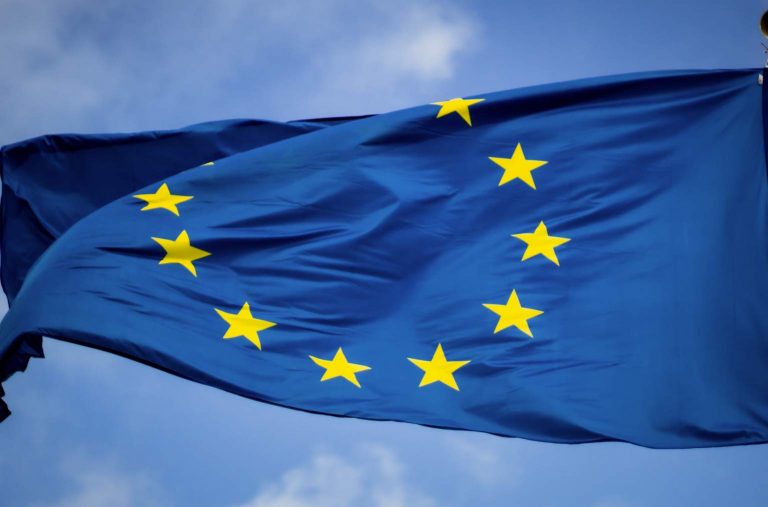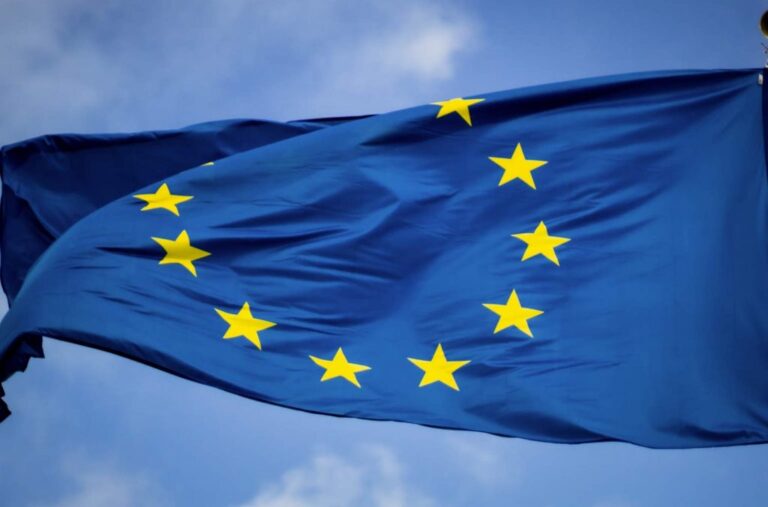
Inflationary Pressures
Discussion and Analysis by Charles Porter:
Bank of England: Stop and Think – Please!
Inflation within the United Kingdom is uncontrolled and rampant, surely, we have to raise interest rates! At least that’s what the first page of an economics textbook might suggest. In reality, a decision to tighten UK monetary policy on November 2nd could be extremely harmful to both the real economy and the Brexit negotiation period. The jibe above is not to suggest that Dr. Mark Carney is not a learned and intelligent man; by contrast, his successes at the Bank and, for that matter, throughout his career, have been commendable. Suggesting an imminent interest rate hike, however, seems foolish.
The Bank of England is not an extraordinary central bank. It too shares a mandate to control price inflation in the economy. Of course, as the economy overheats and inflation ensues, an increase in the rate of interest encourages saving over consumption, thereby cooling down the inflated economy. With year-on-year CPI inflation registering at 3.0%, according to ONS data released on Monday, the UK is unequivocally a price-inflated economy.
However, there is no domestic inflationary pressure. The rise in the overall price level is almost exclusively driven by an exogenous factor: the exchange rate. The Brexit result from the June 23rd referendum has seen sterling lose approximately 15% of its value, event to date, against the Euro. This has caused a delayed effect of import price inflation, and, therefore, general price inflation that grips the economy whilst reserves and stock are depleted and refreshed at inflated rates.
Therefore, domestic inflationary pressure may no longer be measured by the overall level of price inflation within the UK economy. Instead, by turning to the components of the CPI basket, degrees of exchange rate sensitivity can be isolated to understanding the UK economy. Presented below is overall inflation against food inflation and services inflation. Food inflation, is a basket component that is highly dependent upon importation and, therefore, the deterioration of Sterling’s value. Services trade, by contrast, is less determined by the rate of exchange and the market comprises of a higher propensity for domestic consumption and production.

If there were no domestic inflationary pressure outside of exogenous exchange rate price inflation then total inflation should be explicable by, for example, food inflation alone without a significant correlation to services inflation. Indicatively, above, we can see that this hypothesis is verified. The differential within food CPI inflation, measured by the right-hand axis, is far more significant than steady services inflation. Moreover, the adjusted scale seems to represent a good co-movement of food inflation with overall inflation.
In this second part of this article, we analyse the underlying relationship between the components of inflation and analyse Bank of England monetary policy in light of these result. The conclusion reveals that a Bank of England rate hike next week could be foolish.
Related Insights

Daily Brief – EURO
EURO ECB President Christine Lagarde delivered a speech last week at Hertie School in Berlin, setting out the ECB ambition of making the EURO a larger/ the largest global reserve currency. At 20% versus USD ‘s 57%, EUR is already the challenger, but unlike CL’s calling for the deficit to be made up simply by […]

Daily Brief – EU Inflation
EU Inflation Paving the way for a 25bp rate cut tomorrow, EU inflation came in at 1.9% on the back of uncertainty, lack of consumer confidence and people sitting on their cash. So overall good on inflation but a sign of less good things in the EU. As ever, the overall inflation figure had some […]

Daily Brief – Oil
Oil Following the US Manhattan court blocking TT or Trump Tariffs deeming them illegal, that was enough for the oil market to outweigh the OPEC+ output increases pencilled in for July, while it remained wary on potential new US sanctions on Russian oil. The result was that oil prices rose yesterday despite POTUS letting it be […]


 Humphrey Percy
Humphrey Percy